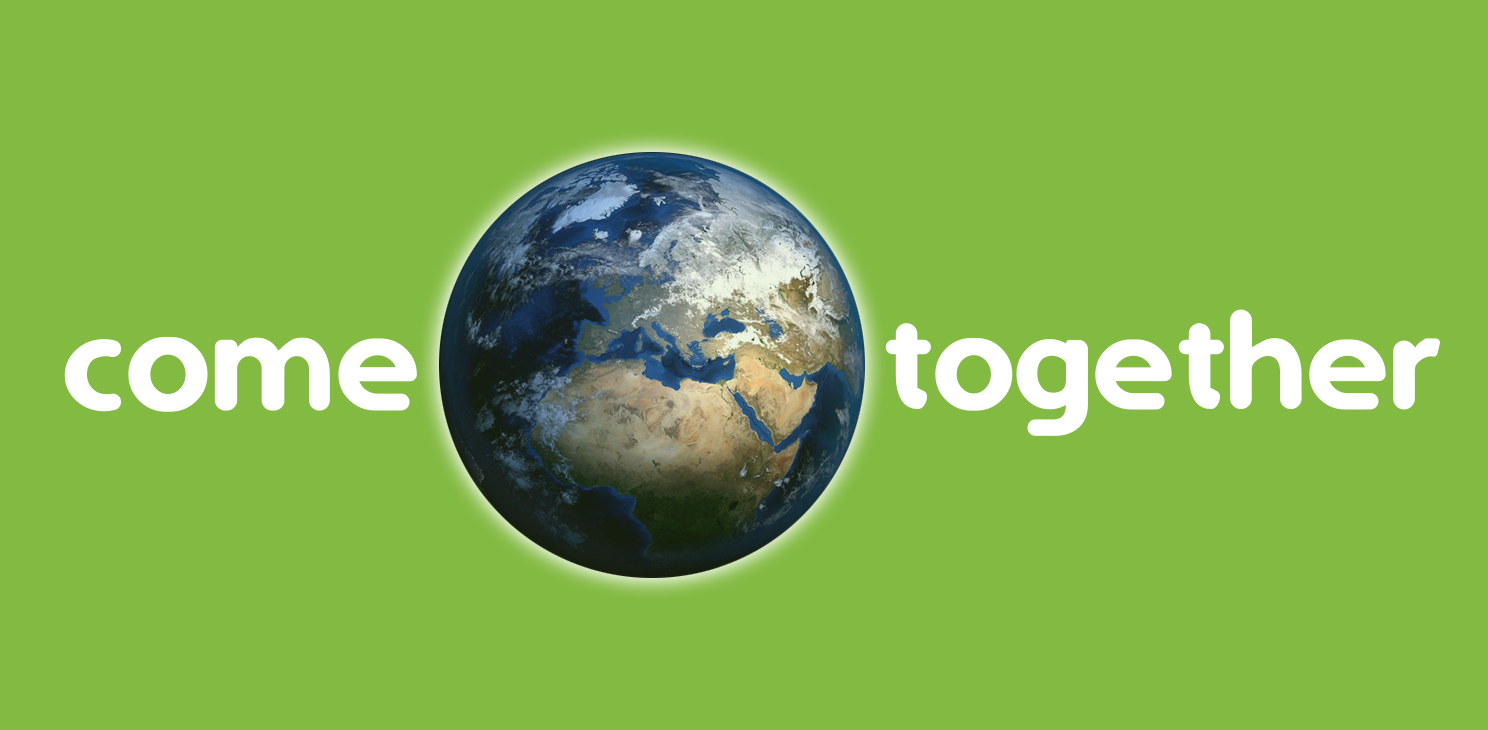Fraser Stoddart and Dean Astumian, professor of physics at the University of Maine, have come together to pen an important message to the global community on the need for unity under the banner of science and expertise in order to tackle the immediate threats of a global pandemic and climate change.
Their essay entitled Science is Global: Science Knows no Boundaries references President John F Kennedy’s call to unify the world behind a belief and trust in science during a visit to the National Academy of Sciences’ Centennial Convocation in Washington DC on 22 October 1963. Stressing the importance of pure science, Kennedy asserted that the century leading up to 1963 led to a “wholehearted understanding today of the importance of science.” At the event, he stressed that “progress in technology depends on progress in theory; that the most abstract investigations can lead to the most concrete results, and that the vitality of a scientific community springs from its passion to answer science’s most fundamental questions.”
Imagine if, today, the President of the United States were to espouse the importance of science to the extent that Kennedy did in the early 1960s and help our country come together, united in a singular scientific goal. Kennedy recognized that “science is the most powerful means we have for the unification of knowledge, and a main obligation of its future must be to deal with problems which cut across boundaries, whether boundaries between the sciences, boundaries between nations, or boundaries between man’s scientific and his humane concerns.”
What a prescient statement for these troubled times inflicted upon all of us around the globe by Covid-19 and by the rampant effects of climate change. Our country, and our world, desperately needs leadership to inspire the efforts of scientists everywhere to tackle these challenges with the same enthusiasm that was brought to bear on the quest for space.
In 1961, President John F Kennedy famously issued this challenge: “I believe that this Nation should commit itself to the goal, before this decade is out, of landing a man on the Moon and returning him safely to Earth .”
With that statement, not only did Kennedy rally the American people around one, unifying, shared goal, but he also recognized that science requires long-range thinking. When speaking about the long-term goal to reach the moon, Kennedy recalled French general Hubert Lyautey, who once asked his gardener to plant a particular tree. The gardener, who knew the tree would not reach maturity for 100 years, was reluctant. “’In that case,’ Lyautey said to the gardener, ‘plant it this afternoon.’”
Just one month after Kennedy spoke to the National Academy of Science, he was assassinated on 22 November 1963. He never saw his goals come to fruition. But through the inspired efforts of a generation of scientists who heard his rallying cheers, and buoyed by the upbeat tunes of the Beatles echoing through their laboratories, Kennedy’s goal was met. At 9:32 am on 16 July 1969, America heard the triumphant proclamation “the eagle has landed.” The effort to reach the moon eventually resulted in the launch of the International Space Station, arguably the greatest example of international scientific cooperation to date.
Unlike today’s leadership, Kennedy also believed that “great scientific challenges transcend national frontiers and national prejudices” and that “the language of science has always been universal, and perhaps scientists have been the most international of all professions in their outlook. But the contemporary revolution in transport and communications has dramatically contributed to the internationalization of science. And one consequence has been the increase in organized international cooperation.”
Our world would certainly be a different place today if Kennedy, or a similarly enthusiastic proponent of science, were US President. Imagine a world that — instead of fighting against one another — became united by the battle against a global pandemic and the longer-range struggle against the consequences of climate change. Kennedy anticipated the onset of climate change in 1963. He commented, “The ocean, the atmosphere, outer space, belong not to one nation or one ideology, but to all mankind, and as science carries out its tasks in the years ahead, it must enlist all its own disciplines, all nations prepared for the scientific quest, and all men capable of sympathizing with the scientific impulse.”
For the Covid-19 pandemic, our country has already lost more than 225,000 lives, and most likely due to climate change California has seen horrifying wildfires, and the storm season along our Gulf Coast has been more severe than ever before. There is clearly no time to lose. We need our leadership to act today. Imagine if — united by the world-wide battle against Covid-19 and a global crusade to minimize the impact of climate change — instead of fighting against one another, we could all, as John Lennon sang in “Imagine”, “Come Together . . . It isn’t hard to do”.


